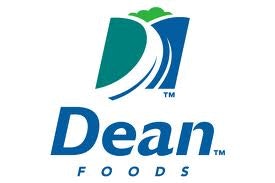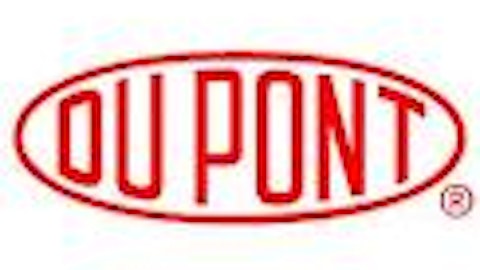Go to your local grocery store, and just about any item you pick up will tell you the ingredients in the can, box, or bag. But if the Big Milk lobby gets its way, one thing you won’t realize until you read the fine print is that your jug of chocolate milk is loaded with artificial sweeteners.
Several years ago, the International Dairy Foods Association and the National Milk Producers Federation petitioned the FDA to drop the requirement that labels identify when artificial sweeteners like aspartame have been added to milk. Mind you, they’re not trying to put aspartame or sucralose in the milk — it’s already there — they just don’t want you to know about it. Now the agency is about to make a decision on it.
How now, brown cow?
Specifically, the petition asks the agency to allow the use of “any safe and suitable” sweetener for milk and some 17 other milk and cream products such as sweetened condensed milk, whipping cream, yogurt, and eggnog without having it called out. Since the government doesn’t recognize any health problems caused by artificial sweeteners like aspartame and sucralose, the milk producers want to be able to call milk sweetened with them “milk.”
Currently the FDA only allows milk products that contain “nutritive sweeteners” (that is, those with calories, which the agency says are safe) to be identified as such. If the milk lobby is successful with its petition, you won’t readily know the fake stuff is in the container.
Udderly ridiculous
Aspartame is a controversial ingredient, and even though regulators have signed off on its safety (or perhaps because of it), there’s a large and growing resistance to its presence in the food chain.

Sour milk
Milk consumption is falling, according the USDA, which shows per-capita consumption down 23% since 1975. Whole milk sales are down 58% in that time period even as 2% and 1% milk have risen.
Dairy producers have turned to flavoring milk to make it more palatable, and flavored milk products have grown more than fivefold over the last 35 years. But since the whole purpose of drinking milk is its health benefits, having the words “artificially sweetened” on the label isn’t helping, and that’s why producers want to FDA to mask or at least make it more difficult to find out what’s in the jug.
The milk producers are pushing the health aspects of their argument in that kids drinking more milk would be healthier. As the largest dairy producer, Dean Foods Co (NYSE:DF), notes, while about half the sugar in flavored milk is from naturally occurring lactose, all the sugar in soda is added sugar. Of course soda is facing falling consumption levels, too, these days.
The WhiteWave Foods Co (NYSE:WWAV), the Dean Foods Co (NYSE:DF) spinoff whose organic products go out of their way to certify that they avoid being tainted with GMO ingredients, still sells Land o’ Lakes products that contain sucralose.
Got milk?
With the price of milk tightly regulated, industry margins are thinner than skim milk. so it’s understandable why they might want to petition the FDA to hide the artificial ingredients, yet they may be left crying over spilled milk from the backlash if their products are seen as something that can’t be trusted.
The article A Not-So-Sweet Deal for Milk originally appeared on Fool.com.
Fool contributor Rich Duprey owns shares of Dean Foods. The Motley Fool recommends Whole Foods Market (NASDAQ:WFM) and owns shares of Dean Foods, WhiteWave Foods, and Whole Foods Market.
Copyright © 1995 – 2013 The Motley Fool, LLC. All rights reserved. The Motley Fool has a disclosure policy.

